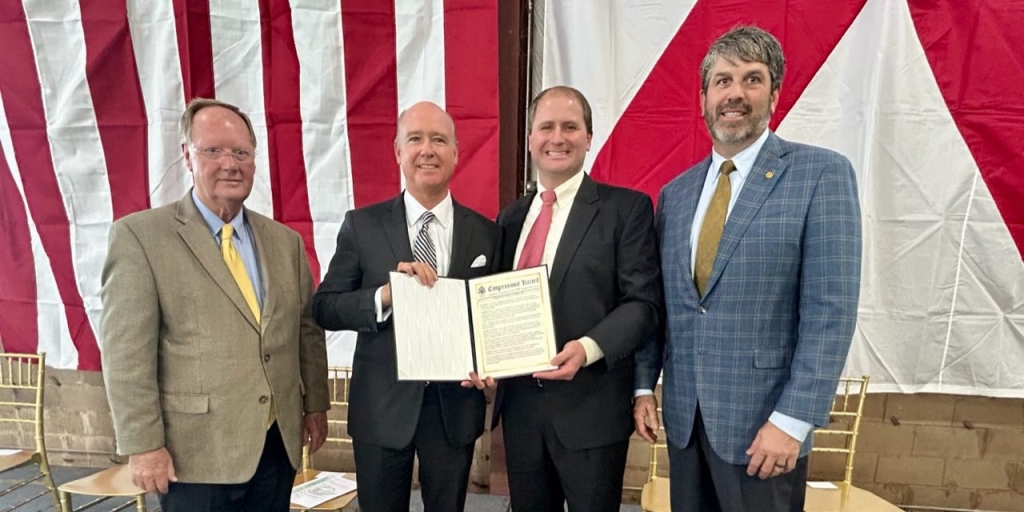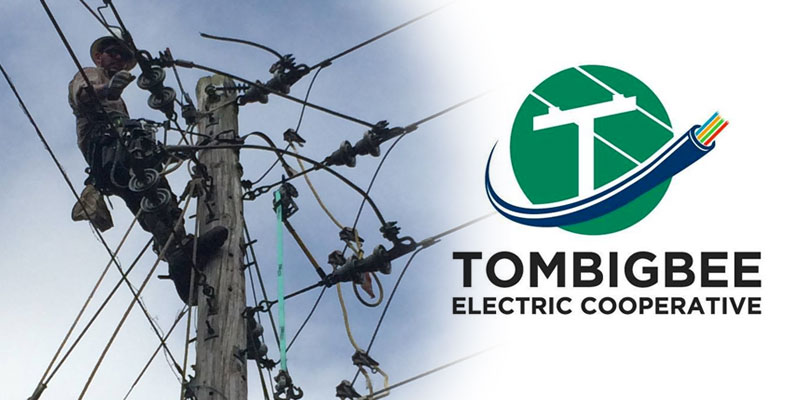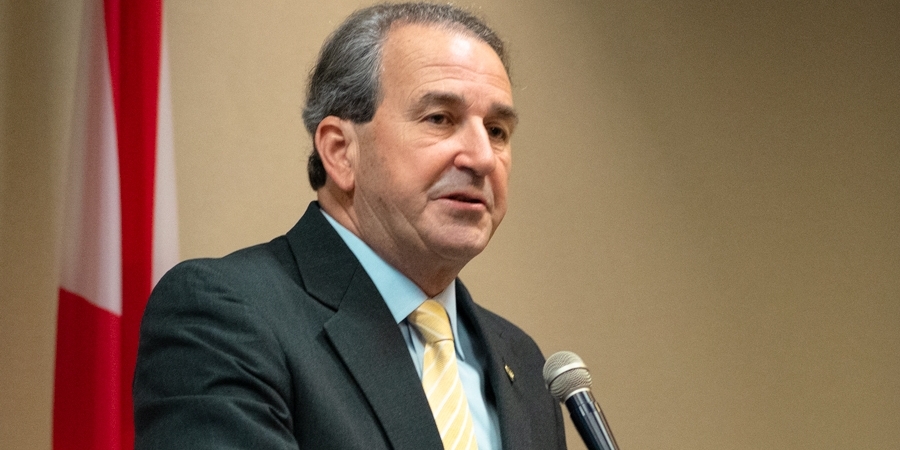The Alabama legislature’s long-time champion for rural broadband is seeking new ways to strengthen the state’s flagship program.
State Sen. Clay Scofield (R-Guntersville) is sponsoring a bill this legislative session aimed at ensuring expanded service under the Alabama Broadband Accessibility Act, a grant program which he helped create.
The program, administered by the Alabama Department of Economic and Community Affairs (ADECA), provides grants to build out the state’s broadband infrastructure. The intent of the ongoing effort is to spur economic development and enhance quality of life for rural areas through greater access to high-speed broadband. Scofield and other policymakers envision the upgrades in infrastructure to result in improvements for agriculture, education and health care.
His legislation, if enacted, would increase the amount of resources devoted to providing broadband in rural or “unserved” areas.
He says his latest attempt to bolster the program is a result of feedback he received now that the program has been in effect for nearly a year.
“I’ve heard both from providers and ADECA and this is a way to make the program work better and work more efficiently,” Scofield told Yellowhammer News.
Much of the original criteria for grant eligibility remains in place. Among the projects that will continue to be given priority are those that can demonstrate community support, show cost-effectiveness, help rural hospitals and local libraries or involve private investment.
Scofield’s improvements would boost minimum transmission speeds required to participate and add a “middle mile” component which he said would create “interstates of broadband at very high speeds.”
He noted that companies offering middle mile would not be selling internet directly to the home but instead would offer opportunities to run off those lines. The purpose behind this component is to provide greater internet access at higher speeds.
Having been an advocate for many years, Scofield said that he has been gratified by the commitment of his colleagues to prioritizing rural broadband.
He pointed specifically to the amount of funding set aside so far in the budgeting process.
“The education budget that came out of the Senate included $30 million for this program,” he explained. “That is a substantial investment by the legislature for rural broadband.”
He also emphasized that in revising the timeline for grant applications to match the federal program, Alabama will be able “to stretch our dollar further.”
“I worked with Congressman Aderholt who has been at the forefront of working with these federal agencies on their program,” Scofield added. “We are syncing our timeline up to the federal program. We definitely want to leverage state dollars to draw down more federal dollars. He did a really good job on the federal program so lots of kudos to Congressman Aderholt.”
Having passed the bill in the Senate, Scofield hopes to see the same success working with the bill’s House sponsor, State Rep. Randall Shedd (R-Cullman).
“It’s imperative for not only the growth but the survivability of rural Alabama,” he said.
Tim Howe is an owner and editor of Yellowhammer News













